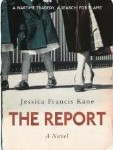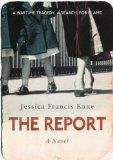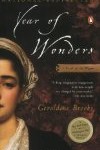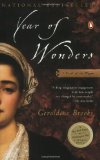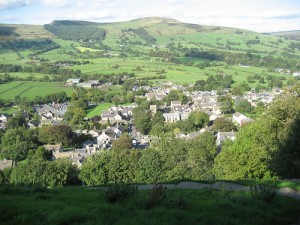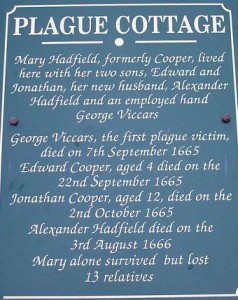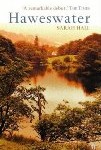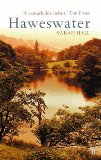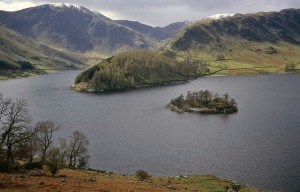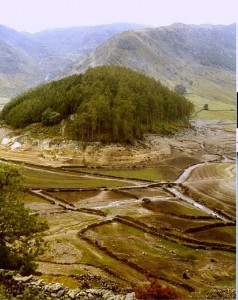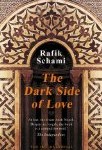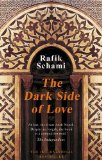Five words from the blurb: crowd, crushed, testimony, guilt, community
Shortly after writing my predictions for the Orange Prize I received an email from the publisher of The Report. She had high hopes it would make the Orange long list and having read the book I can see why – if I was on the judging panel I would have put it straight on the list.
The Report is a fictional story based around the Bethnal Green Tube disaster – a tragedy in which 173 people were crushed to death trying to get inside the station during an air raid. It was the worst civilian disaster in Britain during WWII and I’m ashamed to say that I hadn’t even heard about it before.
The book personalises the terrible event by focusing on the experience of a mother and her two daughters, as well as those in charge of overseeing proceedings at the station. I immediately connected with the characters and felt their emotions very clearly.
Bertram stretched up as tall as he could, trying to see what was keeping the crowd back. All he could see was a jostling mass darker than the night. He smelled sweat on his shirt, and the breath and sweat of the people all around. His stomach heaved, his mouth convulsed as if it were not his own. He knew this street; it had always seemed so spacious. He remembered a bus accident that had once blocked the junction for hours, but that was a crowd paralysed by tragedy. This was a crowd in motion, a crowd with a destination, unprepared to change its course. Bertram felt elbows and shoulders; tears and sweat covered his cheeks, but he couldn’t raise his hands to wipe them – his arms were pinned.
The book also covers time after the incident – showing the way in which authorities tried to cover up the tragedy and details of the subsequent enquiry. I found the testimonies gathered for this enquiry particularly interesting, as everyone responsible for making a tiny mistake that night felt an incredible weight of guilt. It showed our society’s terrible habit of needing to attribute blame when something like this happens, but also the futility of it all. I found this insight into our culture of blame thought-provoking and it has altered my perception of accidents like this – we should all just feel sadness; pointing the finger at someone does nothing to help.
The Report is very well researched and totally gripping. If you like thought-provoking books with an emotional punch then I guarantee you will not be disappointed by it. Highly recommended.

.
The thoughts of other bloggers:
….somehow manages to play for its’ readers the full symphony of motivations, emotions, personalities and perspectives… Book Sexy Review
….a moving novel about a horrible event, and without any flowery description, Kane is able to generate much emotion. Diary of an Eccentric
….a surprisingly compelling novel about a seemingly unlikely subject. Devourer of Books
